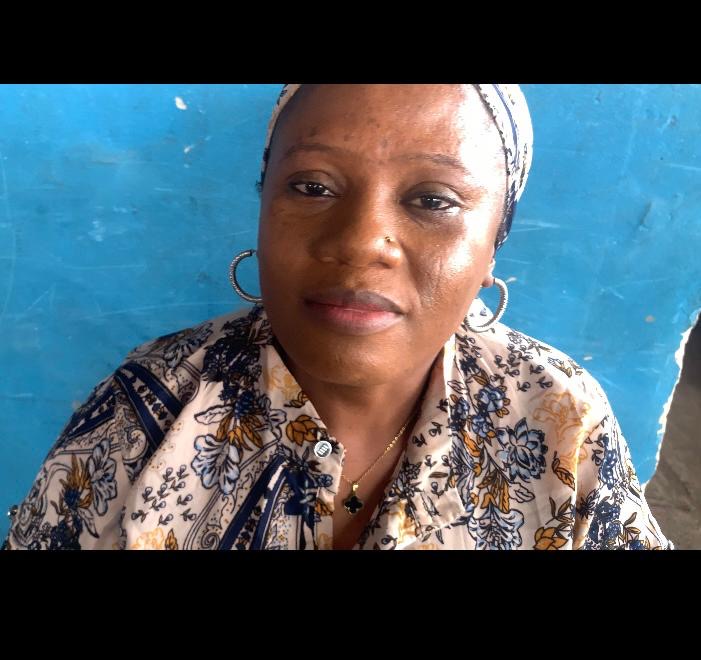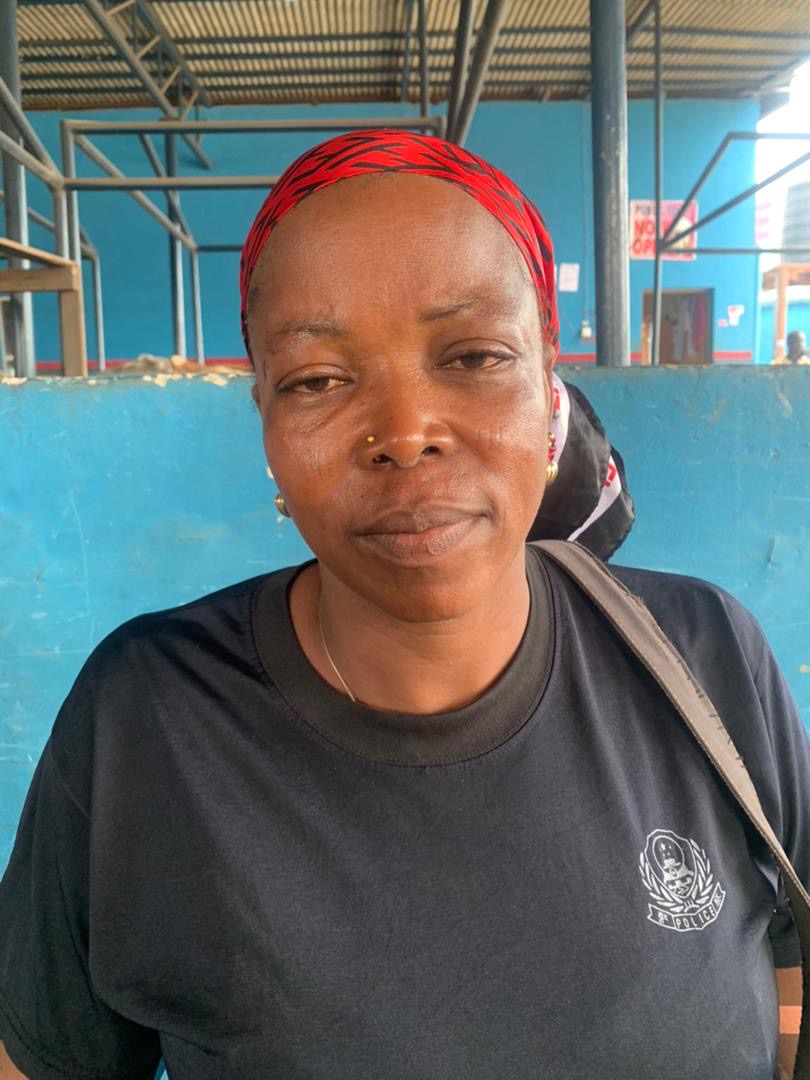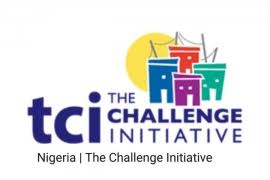By BANKOLE Shukurat Abiodun
“Contraceptives are one of the greatest anti-poverty innovations the world has ever known” Melinda Gates.
The Challenge Initiative (TCI) embraces the vision of positive reproductive health by supporting comprehensive family planning in reach and outreach programs worldwide, particularly in Nigeria. By supporting Nigeria communities in scaling up the positive changes in reproductive health delivered through the Nigerian Urban Reproductive Health Initiative (NURHI) since 2009, TCI empowers women and girls to take charge of their own reproductive health, enable them to make informed decisions about family planning, and ensure their access to contraceptive options that meet their needs.
Family planning is a critical component of public health that directly impacts maternal and child health, economic stability, and educational opportunities. TCI’s outreach programs are designed to address the barriers that prevent many individuals, especially in underserved areas, from accessing reliable family planning services. Through targeted education and advocacy efforts, TCI’s family planning outreach aims to dispel myths and misconceptions about contraceptive use while promoting informed decision-making.
TCI’s impactful contributions to family planning uptake in Lagos were enthusiastically showcased by Mascara Primary Health Care Center during an outreach event at Ketu Market on Thursday, July 18, 2024, featuring health practitioners and mobilizers where free family planning services were provided to both first-time and returning users of family planning contraceptive methods. Service providers such as Nurses Majekodunmi and Adisa from Mascara PHC were in attendance, offering professional care and guidance.
Before administering suitable contraceptive methods, the nurses conducted preliminary tests such as blood pressure checks and pregnancy tests. They also addressed and dispelled common misconceptions held by first-time users, who had heard negative reports about family planning from relatives and friends. These included concerns about over-bleeding, weight loss, and excessive weight gain. Through education and reassurance, the service providers successfully helped the first-time users overcome their fears and opt for family planning.
The majority of attendees were women between ages 36 to 50, and the contraceptive methods provided included the Sayana Press contraceptive injection and implants. The outreach initiative not only offered essential health services but also played a crucial role in changing perceptions and promoting informed decision-making about family planning.

In an interview with a first-time family planning user, Mariam Raji, female, 42 years, she said had some misconceptions and negative review about using family planning though her friend’s experience who stopped menstruating after using family planning. She said she had never used any family planning method until she came for her first uptake. Having being educated and assured by the service providers, her blood pressure was checked and pregnancy test was done, then she received the sayana press injectable. According to her she came for family planning because she doesn’t want to give birth again. She said “I don’t want to get pregnant; I want to give my children space”. She also said “I will advise people to come for family planning so that they can protect themselves rather than do abortion when they get pregnant“.
Another first-time user, Opeyemi Kolawole, female, 48 years, said she had never used any family plannig method before and she doesn’t use any health center to deliver her children. She said “I came to take family planning because I had wanted to but I was scared of excessive weight gain“. According to her she spoke to the service providers, they enlighened her about family plannig, then she took the preliminary tests and received the implant. When asked if she’d encourage people to use family planning, she said yes, she would. “I haven’t used family planning before but I am test assured and I will encourage people to go for family planning“, she said.

Ademola Eniola, female, over 40 years, a first-time user who took the sayana press injectable said she came to take family planning because she wants to stop giving birth. She mentioned that she would encourage people to take family planning, “I will encourgae people to do family planning depending on my experience with this method I just took“, she said.
A satisfied user, Oyateru Fatimah, female, 42 years, said she had used injectable method of family planning twice before but had side effects of protruded stomach, excesive weight gain and excessive weight loss. During her first family planning usage, she said she experienced excessive weight gain. During her second usage, she said she experienced excessive weight loss but now she came to try another method of implant to know if it will be more suitable for her.
According to her, she was satisfied by the service providers of her second family planning uptake at Mascara PHC. When being asked if she would recommend family planning, she said “I will tell people family plannig is very good if they want to put space to child bearing”. She also encouraged care providers do enough tests to know the most suitabls method for their patients before giving family planning.
Morenikejì, a single mother of 36 years and a first-time user said she decided to give family planning a try because she doesn’t want to be giving birth uncontrollable, she wants to control the way she gives birth. When asked if she’d recommend family planning, she affirms she would base on her experience with the implant she took.
The family planning outreach exemplifies the transformative power of community-based reproductive health services. By providing education, dispelling myths, and ensuring access to various contraceptive options, TCI and Mascara PHC are empowering women to take control of their reproductive health. The personal testimonies of first-time users highlight the significant impact of these efforts, as they underscore the importance of informed decision-making and the positive effects on maternal health, economic stability, and overall community well-being.
As these programs continue to expand and reach more underserved areas, they pave the way for a healthier, more empowered generation of women and families in Nigeria.








